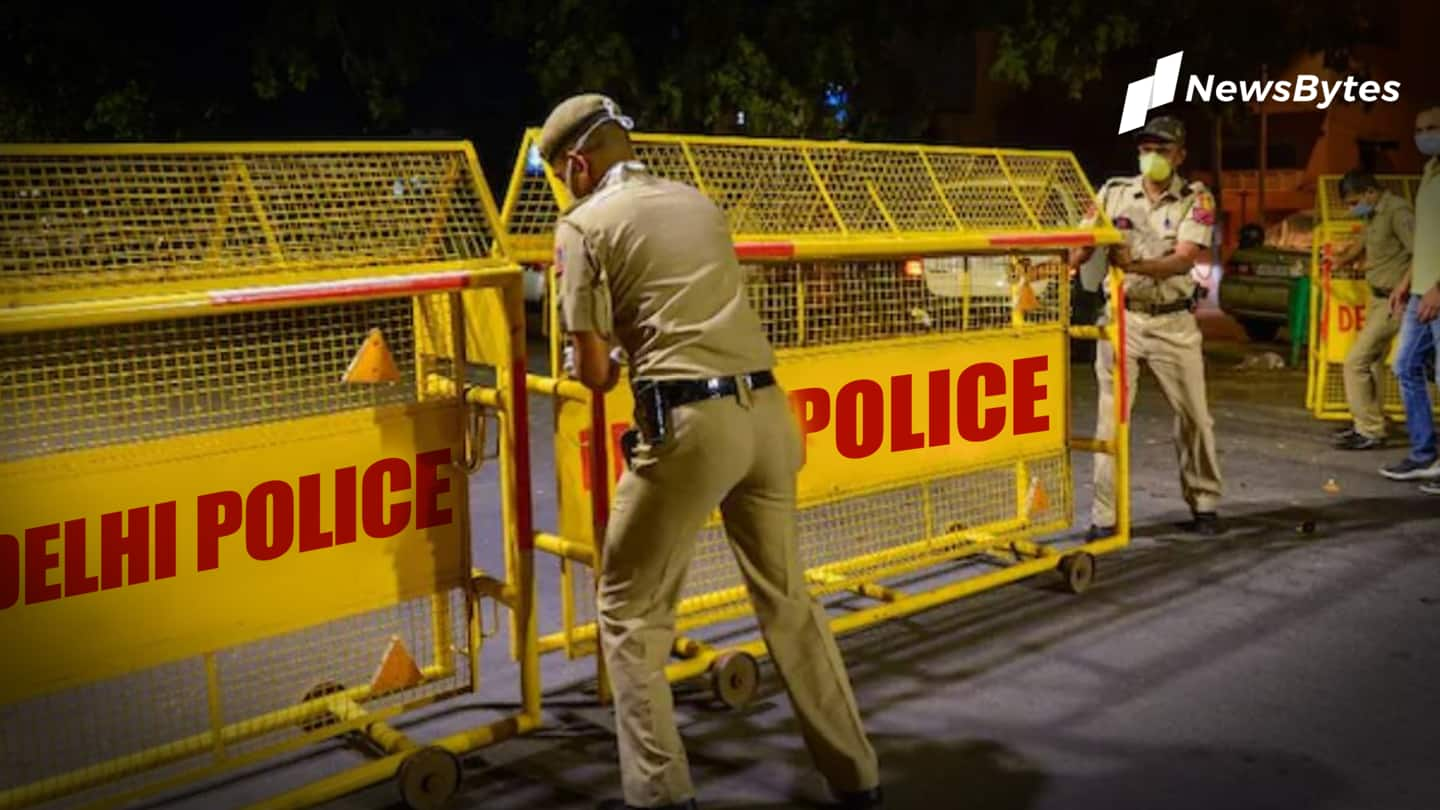
Amid COVID-19 surge, Delhi imposes night curfew starting today
What's the story
A night curfew from 10 pm to 5 am has been imposed in Delhi starting today until April 30, the city's government said on Tuesday.
The decision has been taken as the National Capital Region continues to witness a great spike in daily new coronavirus cases.
Here are more details on this.
Details
What are the rules of the night curfew?
During the night curfew hours, traffic movement will not be stopped.
Further, those stepping out for vaccination will be allowed with an e-pass.
Those working for essential services, journalists working in print and electronic media, private doctors, nurses, and other medical staffers will also be allowed to travel.
Exceptions might be made for pregnant women and others requiring medical treatment.
Details
CM had opined against lockdown last week
Ironically, Chief Minister Arvind Kejriwal had just last week said that Delhi was going through the fourth wave of COVID-19 but a lockdown was not under consideration.
"As per the current situation, we are not considering imposing a lockdown. We are closely monitoring the situation and such a decision will only be taken after due public consultation (sic)," he had told reporters.
Information
Delhi reported over 3,500 COVID-19 cases yesterday
The decision to impose a night curfew came a day after Delhi reported 3,548 fresh COVID-19 cases and 15 deaths. Besides Delhi, several states including Maharashtra, Rajasthan, Odisha, Gujarat, and Punjab have also imposed night curfews to check the spike in COVID-19 cases.
Situation
COVID-19 situation in India worsened over the past few weeks
India has been witnessing a worrying spike in coronavirus cases over the last few weeks amid growing concerns over mutated strains of the virus and increasing laxity among people in adhering to protocols.
In fact, the country yesterday reported more than 90,000 infections for the third consecutive day, taking the nationwide tally to over 1.26 crore.
India's death toll stands at over 1.65 lakh.